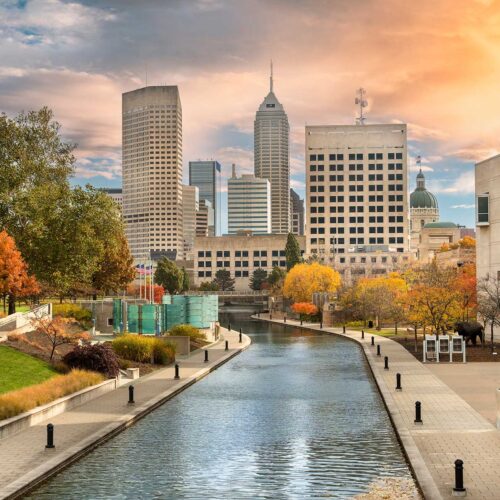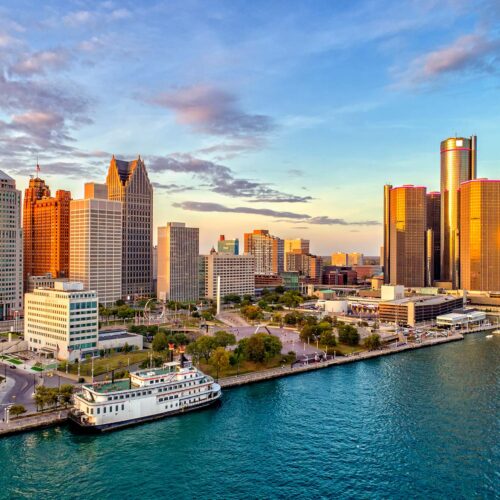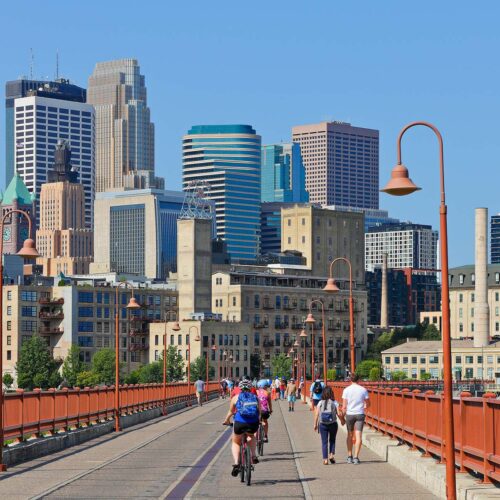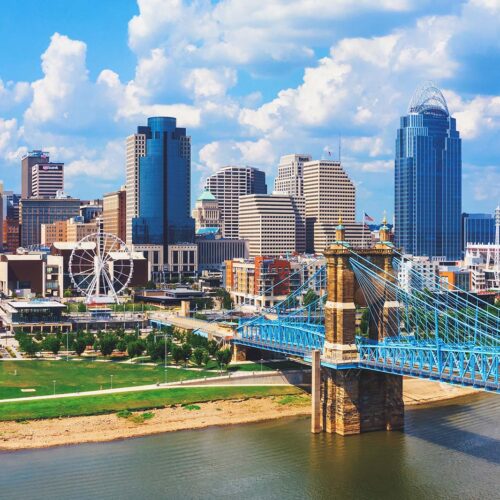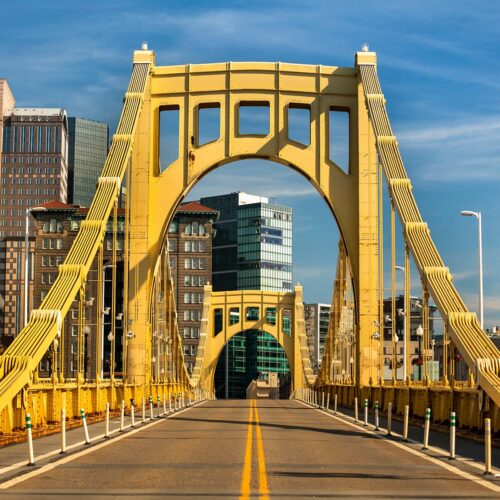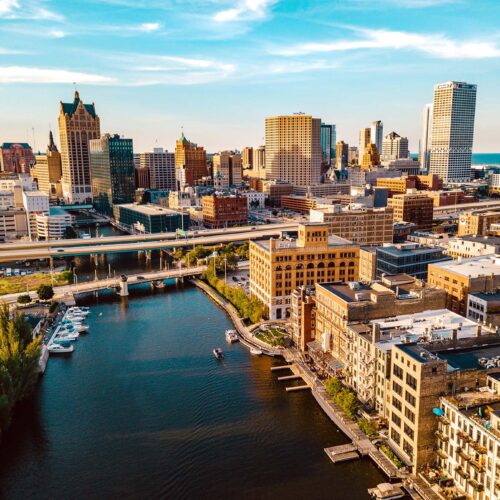Memo
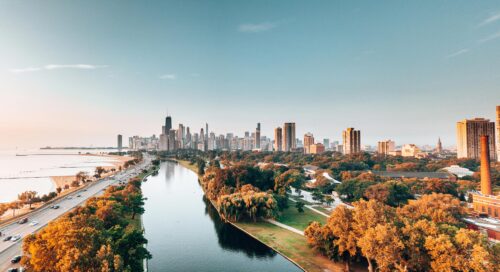
Report | 2024
Transforming the US Steel Industry: A Great Lakes Memo Series
Advancing Policies and Infrastructure to Support Near-Zero-Emissions Steel Production in the Great Lakes Region.
The Great Lakes region, spanning from Minnesota to Pennsylvania, is a steel manufacturing powerhouse, accounting for 60% of all steel production capacity in the United States and 100% of coal-based steel production. It is also a highly energy and emissions intensive region: per capita greenhouse gas emissions in the Great Lakes are 20% higher than the United States average, due largely to the continued reliance on coal for power generation and industrial processes like steelmaking. Transitioning these assets to cleaner pathways presents an immense opportunity for the steel supply chain and local economies.
The Great Lakes region could emerge as a leader in near-zero-emissions steel production. US federal policy support for industrial decarbonization has already arrived in the form of the IRA, CHIPS, and IIJA, and with further state and regional support, The Great Lakes can create an inviting political and infrastructural environment to jumpstart a cleaner steel industry.
To facilitate this transition, it will be essential for policy makers in Great Lakes states to work cooperatively, learning from each other and planning collectively for the future. Each state should be motivated to transition and must navigate their individual environments, but the Great Lakes region as a whole can work together on fundamentals like permitting, infrastructure optimization, and policy incentives. This series of state-specific memos builds upon work that RMI has done exploring the benefits of regional industrial development in the Great Lakes through the Accelerating Clean Regional Economies (ACRE) program.
Cutting steel sector emissions is essential to limiting global warming to 1.5°C by 2050, and to accomplish this goal, decarbonization and economic strategies must include ambitious action in the Great Lakes. To help state policymakers, economic development offices, and regional NGOs support the Great Lakes steel industry transition, RMI has produced a series of state-specific memos that outline:
- The scale and enabling environment required for near-zero-emissions steel production
- Gaps and opportunities for policymakers and other state-level actors to support via policy and infrastructure projects
- Specific site outlook and recommendations at the facility level
Please reach out to Nick Yavorsky (nyavorsky@rmi.og) or Chathurika Gamage (cgamage@rmi.org) for more information and opportunities to get involved in our work.
Memo
Memo
Memo
Memo
Memo
Memo

